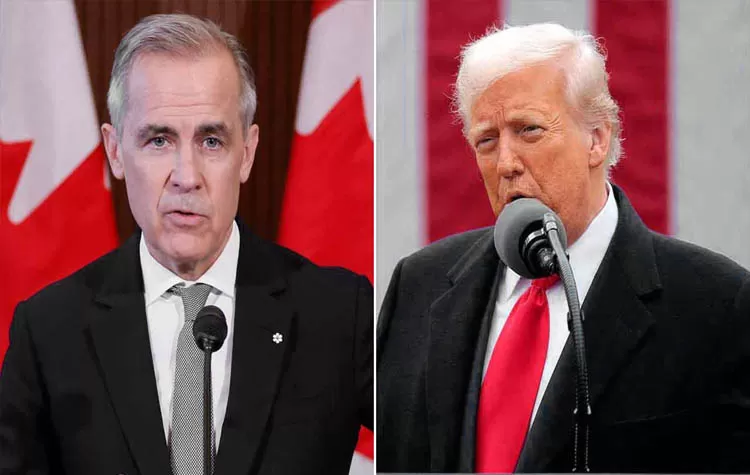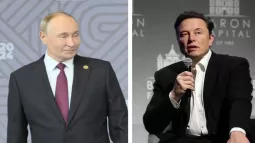
Canada is introducing a tariff of 25 percent on the importation of automobiles from the United States. The news was announced by Prime Minister Mark Carney on Twitter, adding that the policy does not include automobiles under the Canada-United States-Mexico Agreement (CUSMA). In Carney's words, this is a "rebutting" move as a result of tariffs imposed by Washington, a move he holds accountable to former President Donald Trump's administration.
Carney stressed that Canada is acting resolutely to offset what it views as harmful trade measures. "This reaction is necessary and directed," he said, affirming that the action is a tactical response to growing trade barriers.
Canadian Government Defends Tariff Measures
Finance Minister Francois Philippe reiterated the government's pledge to stand up for Canada's economic interests. He said the new tariffs are part of a larger strategy to push back against what Ottawa sees as unfair and unilateral trade measures by the United States. Philippe said the tariffs are intended to safeguard Canadian workers and critical industries, such as auto manufacturing and material processing.
Should actions harming Canadian enterprises become even stronger from Washington," he continued, "The government will deal resolutely with all actions adverse to Canadian companies."
Philippe added that subsequent steps will also be explored should US trade activities increase its aggressiveness.
US-Canada trade relations have precipitously eroded since then-US President Donald Trump took the oath of office. Multiple waves of tariffs applied to Canadian goods have elicited diplomatic and economic ire across both sides of the border. In early March 4, Washington levied a 25 percent tariff on particular Canadian exports and subsequent duties imposed on fuel and potash.
Newer tariffs in October targeted Canadian steel and aluminum imports, followed by vehicle imports in early April. Tariffs on automotive spare parts were added in May. Each measure has been met with a matching reciprocal tariff by Canada, escalating the ongoing trade war.
Canada's Response Aligned with Trade Agreement Boundaries
Canada has made it clear that the new tariffs will not be imposed on vehicles that are covered by the protections of CUSMA, the trilateral trade deal between the U.S., Canada, and Mexico. This differentiation is meant to maintain regional trade stability while directly hitting sectors affected by U.S. actions. The Canadian government stressed that its reaction was carefully built within legal trade frameworks.
By excluding CUSMA-covered imports, Canada seeks to minimize broader economic disruption and target retaliation at the specific areas most hit by the U.S. tariffs. This action is an effort to stay in compliance with international trade norms while signaling strong opposition to Washington's intensifying trade measures.
Trump Speaks about Global Reaction towards Tariff Policies
At a Republican Congressional Committee dinner, Donald Trump asserted that his tariff policy has forced a number of nations to look for new deals with the United States. He mentioned that world leaders have reached out to him requesting to begin negotiations, though he refused to identify any particular nations.
It is well known that countries like Vietnam, Israel, and South Korea have been interested in rebalancing trade relations in the face of mounting global tariff pressures. Trump's remarks highlight the broader implications of his administration's trade policy outside the North American region.














